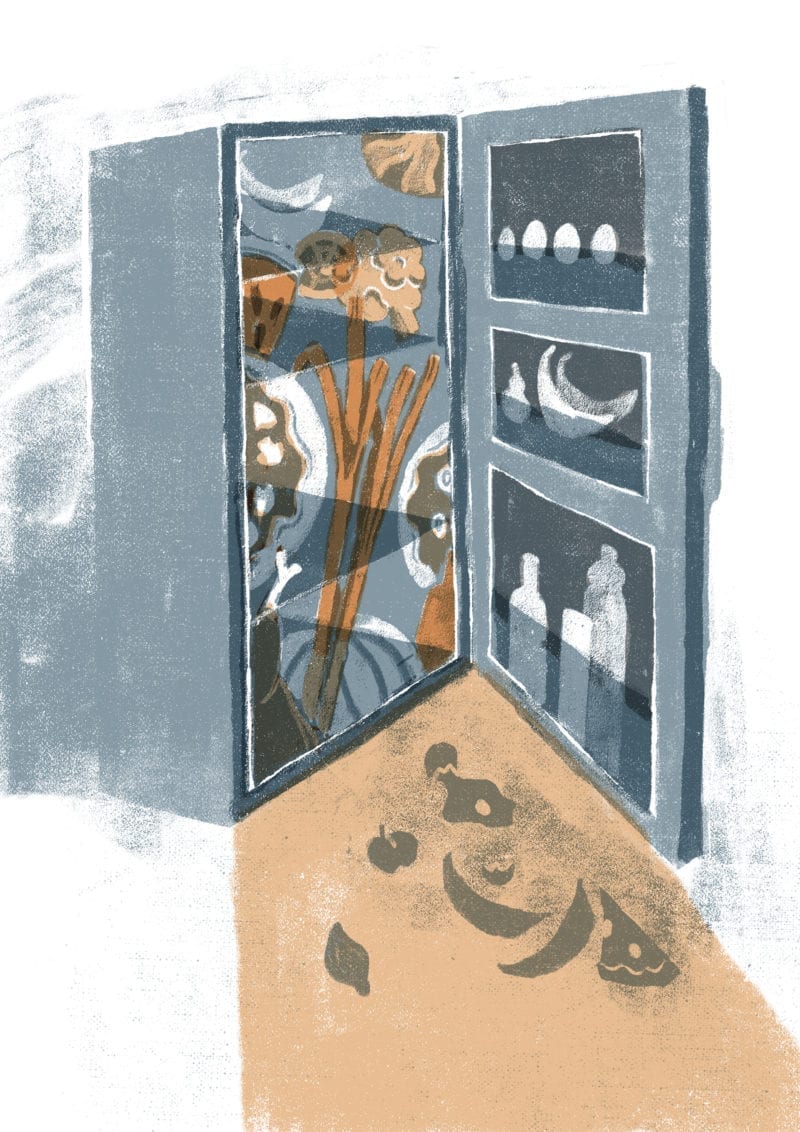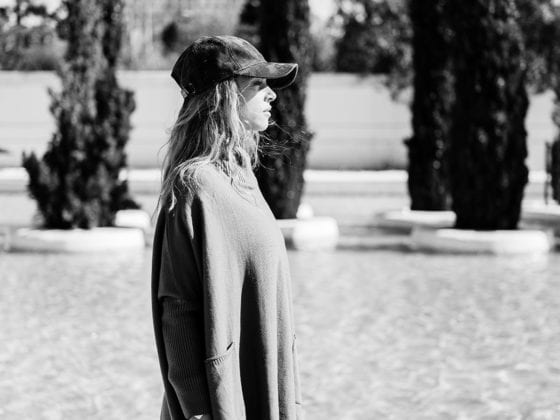When I was in my 20s, I spent three years living in Tangiers, Morocco—teaching English to eager students, making close friends, and of course, sampling the famous Moroccan cuisine. (I’m still dreaming of couscous royale.)
Toward the end of my first year in the country, I decided that I wanted to learn Moroccan dialectical Arabic. Though I could use my college-level French to communicate with more educated Moroccans, I wanted to be able to chat with everyone—the lady from the mountains who sold me carrots in the outdoor market, the shopkeeper from whom I purchased bottled water and the cab drivers who whisked me around the city in little turquoise taxis.
I enrolled in Arabic class. Then, I arranged to do an extended homestay with a Moroccan family—more specifically, a widow who lived with her three daughters in one of the oldest and most picturesque parts of the city. After 10 days with Shamma and her family in the Kasbah, I learned plenty of Arabic but also, so much more.
Shamma made me feel a part of her home from day one–with a language barrier and without a guest room or what most Americans would consider the conventional trappings of a home. She simply welcomed me in. She taught me about an art that is too often overlooked in American culture: hospitality.
She simply welcomed me in.
Here is what I learned after 10 beautiful days with my lovely host family:
Hospitality is about bringing someone into the intimate experience of your home.
As an independent single woman, I was surprised by how much I enjoyed integrating into the rhythms of family life, if only for 10 days. I found myself falling into routine with my host family easily—sharing breakfast, lunch and afternoon tea with them and then chatting late into the evenings. They did not worry about entertaining me. They simply shared their lives with me.
Hospitality is not about perfection.
Hospitality is not about creating an experience that doesn’t realistically align with the busyness of life, the messiness of broken sinks, torn couches or even small family dramas. Hospitality is about inviting someone into your space, quirks and all. Shamma offered me exactly what she had, welcoming me into the flow of her home without any staging or posturing.
Hospitality is about inviting someone into your space, quirks and all.
Hospitality is about adding, not subtracting, to your life.
In American culture, hosting can feel like a significant sacrifice to your time and personal space. My hosts made me feel that by being in their home, I was adding something special. In many countries, there is a notion that hosting someone is an honor. This isn’t just lip service. It’s truly how a host family can make you feel. In Shamma’s home, I did not feel like a burden, though my Arabic was bumbling and I was still getting accustomed to the culture. Instead, I felt like I was bringing something to the table.
My hosts made me feel that by being in their home, I was adding something special.
Hospitality is about learning—skills, values and new perspectives.
I learned from my host family, and they learned from me. They helped me improve my Arabic, taught me new things about my adopted home city and gave me a cooking lesson on making chicken pastilla—a sweet and savory pastry filled with chicken and seasoned with cinnamon and toasted almonds. In return, I answered their questions about my culture and belief system, and I helped Shamma’s daughters learn some English.
Hosting someone should be seen as an opportunity for exchange, even if you’re hosting someone from the same culture as you. By spending extended time with someone, you’ll most likely dive a little deeper into specific topics or perspectives. You might even learn a new skill, recipe or lifestyle hack. Regardless of what you learn (or teach), sharing close quarters with someone is always an opportunity to have your eyes opened to new ways of thinking and doing.
Sharing close quarters with someone is always an opportunity to have your eyes opened to new ways of thinking and doing.
Living with Shamma and her daughters, I learned that hospitality is not a burden, but a joy. For many of those from western culture, hospitality will take a considerable reframing of how we treat our time and personal boundaries to freely invite others into our homes—not just to eat dinner, but to stay.
Hosting will always be worth it. It is an opportunity to find a new friend that’s as close as a family member, enjoy the rewards of being generous with others and build a more open, inclusive life.
Have you ever hosted someone or been a guest for an extended time? What have you learned through the experience?
Illustration via Anne Selling, Darling Issue No. 21











1 comment
I love your spin on hospitality! I’m glad you’ve had good experiences as a guest – now to pay it forward! 🙂
–
Charmaine Ng | Architecture & Lifestyle Blog
http://charmainenyw.com